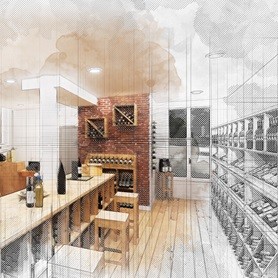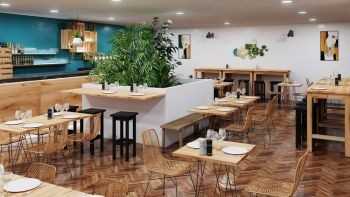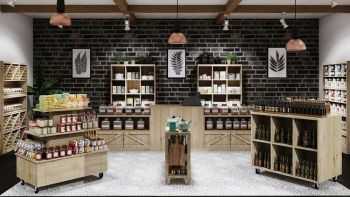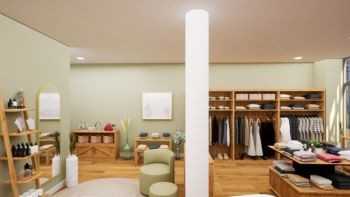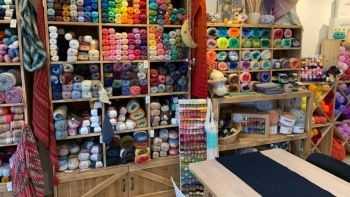Concept Stores: A guide for independent retailers
Concept stores have revolutionised the retail landscape, offering a new approach that captivates customers and redefines the shopping experience. As independent retailers, it's crucial to understand how an innovative shop can be a strategic asset to your business. In this article, we'll explore why opening a concept store can be an intelligent move, highlighting the benefits and assessing the potential drawbacks. We'll also look at choosing the right products and creating an unforgettable customer experience.
Why open a concept store as an independent retailer?
Are you thinking of turning your business into a concept store? There's no shortage of reasons. Independent retailers face an ever-changing competitive environment, and an innovative shop can be the key to standing out from the crowd. Take the inspiring example of a fashion concept that integrates co-working spaces for local designers. This unique approach creates an ecosystem where customers can not only buy clothes but also discover the creative process and interact with the artists. Similarly, a furniture concept store can suggest hands-on workshops, providing a captivating experience.
This type of store allows you to tell a story through the layout of the products and arouse positive emotions in your customers. By offering a carefully selected mix of products and providing an immersive atmosphere, you establish a deeper connection with your customers.

The advantages of a concept store for independent retailers
Opening such a shop can bring a host of benefits, strengthening your position in the competitive marketplace. First of all, this type of business is an opportune moment to diversify your sources of income and broaden your customer base. By integrating a varied range of products that complement each other harmoniously, you attract different customer segments and create cross-buying opportunities. For example, if you own a clothing shop, a concept store could include accessories, shoes and even leather goods, offering customers a one-stop shop for their needs.
Another telling advantage is the ability to offer a personalised and captivating customer experience. Unlike traditional shops, concept stores allow for more direct interaction with customers. This allows you to engage in meaningful conversations, gather information about their preferences and needs, and adapt your offerings accordingly. If you run a beauty shop, you could offer one-to-one consultations to recommend the right products for each skin type, creating a bond of trust and loyalty.
The emotional aspect also plays a crucial role. Concept stores offer an immersive shopping experience that can leave a lasting impression on customers. This type of unique experience fosters loyalty by establishing an emotional bond with your brand. For example, a themed shop focusing on arts and crafts might organise creative workshops where customers can actively participate, creating positive memories and strengthening their attachment to your business.

However, it's important to recognise the potential challenges of opening a concept store. Space management can be complex, as the variety of products requires careful organisation to maintain a consistent customer experience. A haphazard layout could distract customers and detract from the overall experience. What's more, offering an immersive and captivating experience requires investment in terms of time and resources. This includes frequently renewing your offer to keep it fresh, training staff to provide relevant information, and creating special events to attract and engage customers.
Creating a memorable customer experience with your concept store
The product ranges you choose for your concept store are essential for attracting and retaining customers. Choose a selection that reflects your identity and meets the needs of your target audience. The key is to strike a balance between originality and market demand. For example, if you specialise in interior design, offer products that complement each other and enable customers to create a coherent space.
At the same time, creating a successful customer experience is all about thoughtful staging, innovative merchandising and personalised interaction. Think about how customers will interact with products, how you can arouse their curiosity and how you can facilitate their shopping experience. This creates lasting memories and strengthens the bond between customers and your brand.
Discover Tradis furniture, perfect for creating a concept store!

